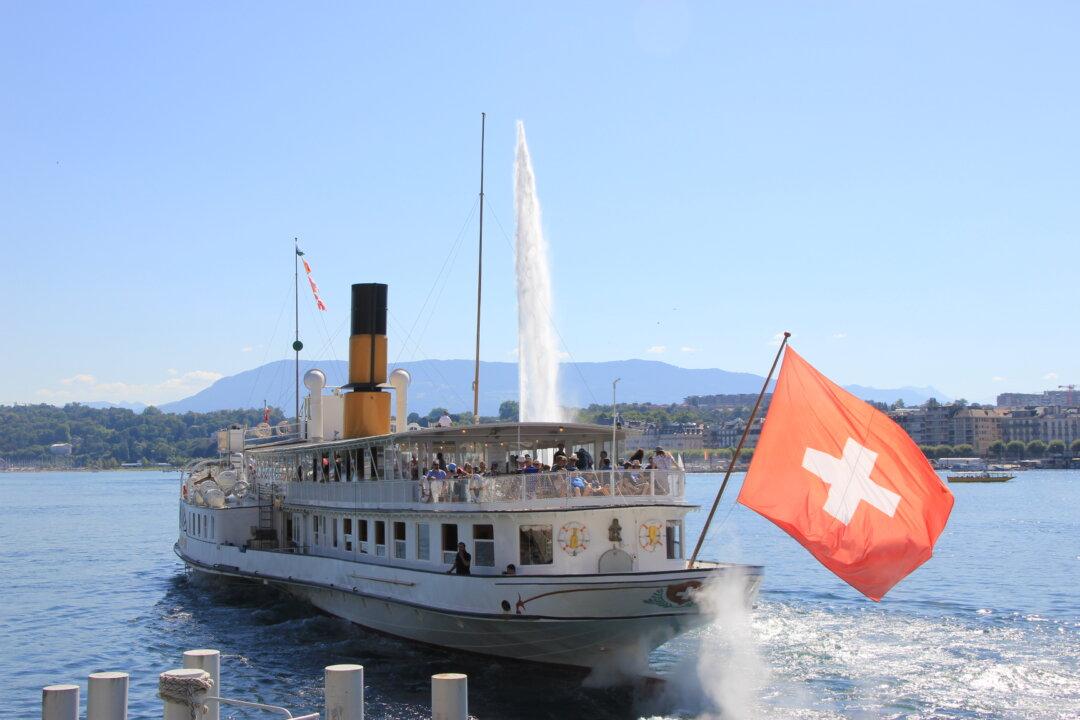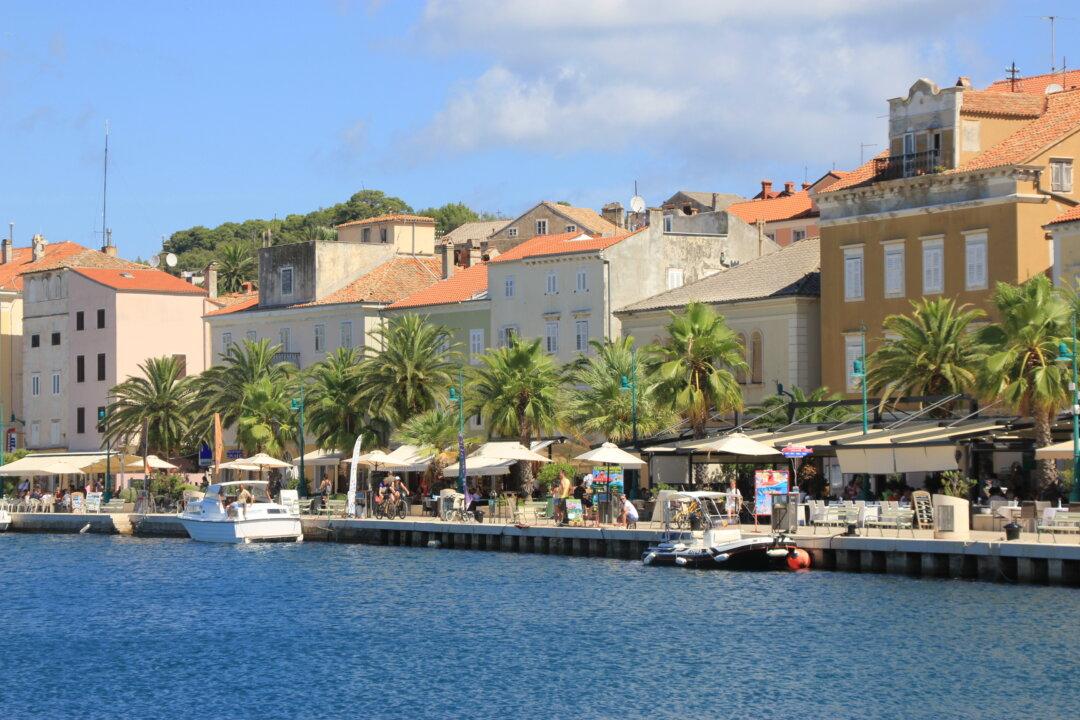Despite the lure of the beaches of Rio de Janeiro, the Inca ruins of Machu Picchu, and the tango flair of Buenos Aires, my inaugural trip to South America led me to Quito, the capital of Ecuador and one of the world’s highest cities at a literally breathtaking 2,800 metres.
I didn’t really know what to expect, but flying into Quito, one thing became unmistakably clear: this was a big city—huge, in fact. Some 2.3 million people make Quito Ecuador’s second-largest city after Guayaquil. From the plane I could see the city spilling into and over valleys and mountains (actually, volcanos as I later learned). The modern part of the city centre was clearly recognizable by its skyscrapers and office buildings, while numerous tall church spires pointed to the old part of town.





